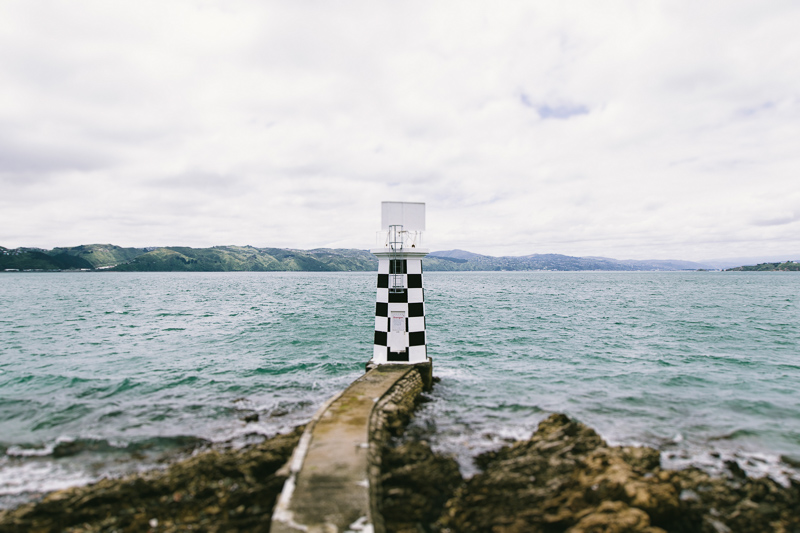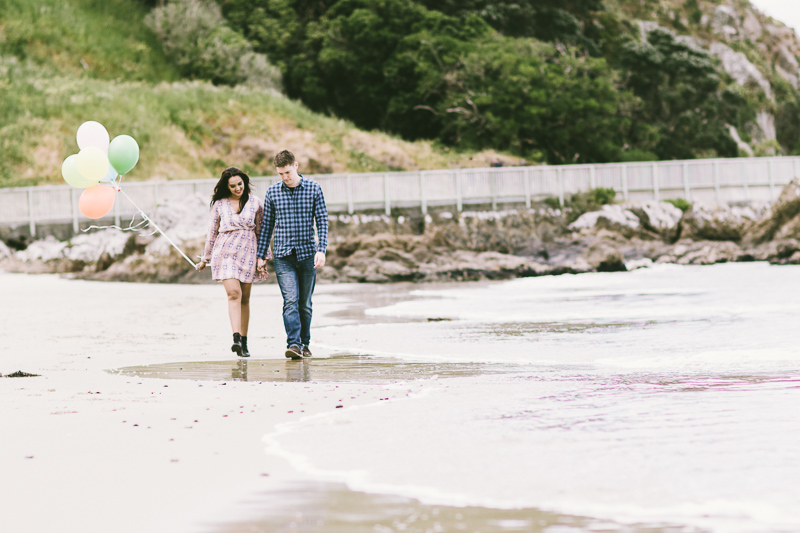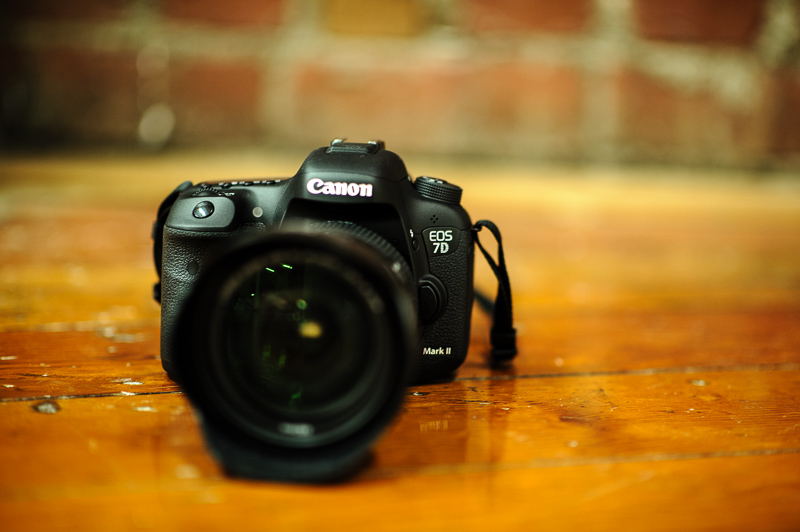If you like this post, help us share it
A couple weeks back, we wrote about our first impression with the Canon 7D Mark II. We used it in a studio portrait session along side with the Canon 5D III to see if there are any clear differences. The Canon 7D II performed solidly without any issues. AF, handling and image quality were superb. It didn’t feel anything less when shooting along side with the Canon 5D III. Now that we have spent a little more time with it, and even had a chance to use it on engagement shoots, we can share our shooting experience with you. If you want to know more about the new features and the ergonomic design of the Canon 7D II, we have discussed in this post already.
You can order the Canon EOS 7D Mark II here



Typically, my go to lenses for a natural/relax engagement shoot are the 17-35mm (16-35mm for Canon) and 85mm. But since I am taking the 7D II to this shoot and I don’t have a wide angle lens for crop sensor, I took the 16-35mm and 85mm instead. This combo doesn’t shoot as wide but works well for this shoot. The first thing I did before the start of the session was switch to quiet mode. I really like how quiet the 7D II is and engagement shoot is all about interaction and intimacy between the couple, so a quiet shutter will definitely help. Canon DSLR certainly does a much better job than the Nikon in this respect. I set the camera in manual mode with auto ISO disabled, the white balance is probably the only setting set to auto. What I have noticed during the shoot was that the bottom exposure meter was disabled in M mode and you have to rely on the “awkwardly hard to see” exposure meter on the right hand side. In A or T mode, the bottom exposure meter appears again. The engagement shoot took place on a sunny day, so I didn’t get a chance to test out the ISO performance. But I did see a little bit more noise on the image when I push the exposure in post. For dynamic range, the 7D II is as good as the 5d III and I haven’t noticed much difference compare to Nikon even though DxOmark praises Nikon.

The 7D II has a 20MP sensor, it is no Nikon D810 (36MP), so cropping will be limited. With the Nikon D810, I can crop as much as I want and still have enough resolution for prints and albums. It is just one of those things to remember during composing.

Often enough, people go crazy with shallow depth of field, they tend to shoot nothing but full frame using the fastest f/1.2 lenses. I had no problem in creating shallow depth of field images with the 7D II. The 7D II actually nails the focus much easier than full frame cameras since the depth of field is wider.
The 7D II has a brilliant AF system with 65 AF points all cross typed similar to the 5D III. Throughout the engagement session, the AF in one shot mode worked seamlessly, but when I switched to AI servo mode with 9 pts AF tracking to follow my subject, I noticed only half of the images have acquired focus. I had issues with AF tracking the couple has they walk towards the camera. Could it be I haven’t set up the AI servo mode properly or something else. Perhaps a 21 pts AF tracking would work better in this situation.

Overall, the Canon 7D II was quick, quiet and responsive which allows me to capture at the right moment. I have some tracking issues which most likely are due to the settings (I shall investigate further). At the end of the day, the 7D II stepped up to the task and took great images of the engagement session. The build quality, handling and performance are as good as any pro DSLRs. It is a very solid camera.

Where can I find the equipment seen on this site?
If you find this site useful and planning to purchase any of the equipment seen on this site, please show your support by purchasing your photo equipment at B&H Photo Video, or through any of the affiliate links seen on this site.


